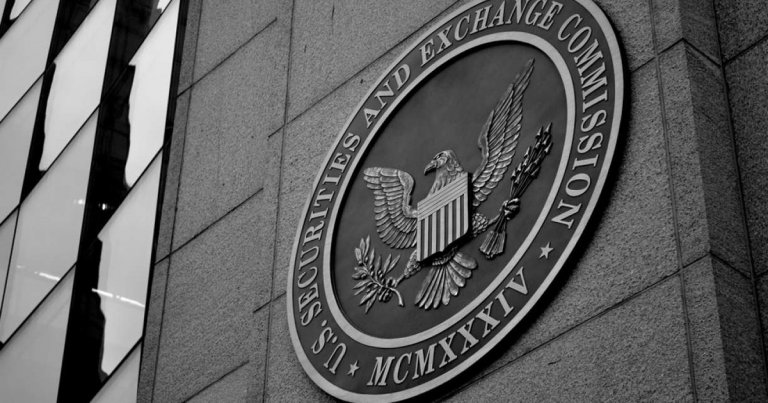 US SEC fines so-called ‘DeFi’ lending project after $30 million raise
US SEC fines so-called ‘DeFi’ lending project after $30 million raise US SEC fines so-called ‘DeFi’ lending project after $30 million raise
It marked the first instance of the SEC charging a DeFi project for issuing securities.

Cover art/illustration via CryptoSlate. Image includes combined content which may include AI-generated content.
The US Securities and Exchange Commission (SEC) charged two Florida men and their Cayman Islands company for illegally selling upwards of $30 million of securities using smart contracts and even decentralized finance (DeFi) technology, a court filing last week showed.
The SEC said the duo misled investors concerning the operations and profitability of the so-called ‘DeFi Money Market’ project.
SEC slams DeFi project
According to the SEC’s order, Gregory Keough, Derek Acree, and their company Blockchain Credit Partners offered and sold securities in unregistered offerings through DeFi Money Market from February 2020 to February 2021.
The order found the duo sold two types of cryptocurrencies: 1. mTokens that could be purchased using specified digital assets and that paid 6.25 percent interest, and 2. DMG “governance tokens” that gave their holders voting rights, a share of excess profits, and the ability to profit from DMG governance token resales in the secondary market.
According to the order, in offering and selling mTokens and DMG governance tokens, the respondents stated that DeFi Money Market could pay the interest and profits because it would use investor assets to buy “real world” assets that generated income, like car loans.
What went wrong?
The order found that the duo, soon after launch, realized that DeFi Money Market could not operate as promised because the price volatility of the digital assets used to purchase the tokens created a risk that the income generated through income-generating assets would not be able to cover. This turned out to be a problem.
But instead of addressing or solving the issue, the duo misrepresented how the company was operating, and falsely claimed that DeFi Money Market had bought car loans that they displayed on DeFi Money Market’s website.
While the respondents controlled another company that owned car loans, DeFi Money Market never acquired an ownership interest in any of those loans. Instead, the order finds that the respondents used personal funds and funds from the other company they controlled to make principal and interest payments for mToken redemptions.
“Full and honest disclosure remains the cornerstone of our securities laws – no matter what technologies are used to offer and sell those securities,” said Gurbir S. Grewal, Director of the SEC Enforcement Division.
He added, “This allows investors to make informed decisions and prevents issuers from misleading the public about business operations.”
Charged
The SEC’s order found that the mTokens were notes and were also offered and sold as investment contracts, while the DMG governance tokens were offered and sold as investment contracts. The duo was, hence, said to be in violation of Sections 5(a) and 5(c) of the Securities Act of 1933 by conducting unregistered offers and sales of both types of digital assets.
The SEC’s order also found the Florida men violated the antifraud provisions of Section 17(a) of the Securities Act and Section 10(b) of the Securities Exchange Act of 1934 and Rule 10b-5 thereunder.
Without admitting or denying the findings in the SEC’s order, respondents consented to a cease-and-desist order that includes disgorgement totaling $12,849,354 and penalties of $125,000 each for Keough and Acree.
In addition, prior to the issuance of this order, the respondents funded the smart contracts so that mToken holders could redeem their mTokens and receive all principal and interest owed.
























































